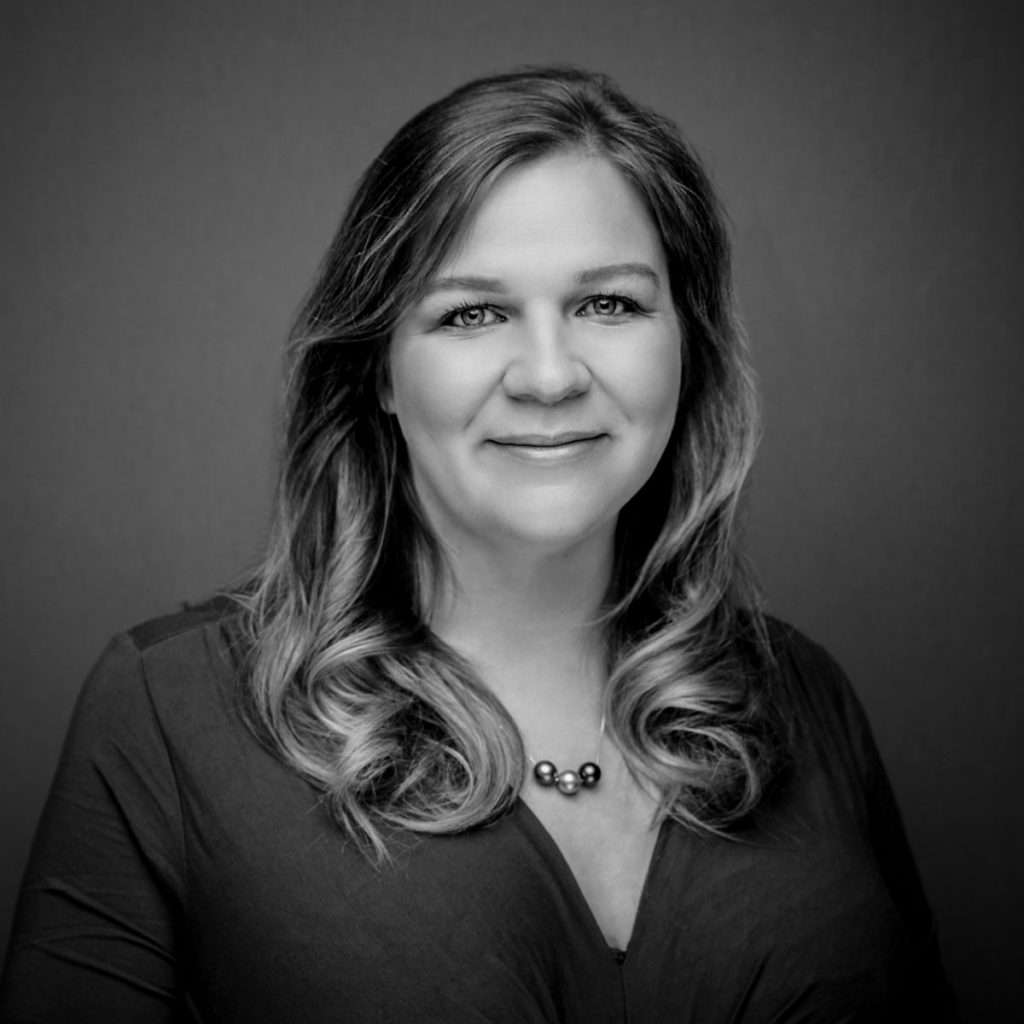Professionals should not go up against their regulator alone
The College of Veterinarians of Ontario (“CVO”) is the regulator for veterinarians in Ontario. They:
- decide who has a certificate to practice as a veterinarian
- handle complaints against veterinarians
But your College does not work for you. In fact, the College can:
- deny applicant’s applications for a certificate to practice or
- suspend, revoke or place terms, conditions, or limitations on veterinarian’s certificate to practice
If you plan to apply to the College or have received notice of complaint it is important that you have representation to protect your interests and defend your rights.
Our team of experienced lawyers can assist veterinarians with matters including:
- Advising veterinarians on compliance with relevant legislation and standards
- Responding to complaints and investigations at the College
- Representing veterinarians at the Fitness to Practise Committee
- Advocating for veterinarians to resolve matters through the College’s complaint resolution process
- Representing veterinarians in appeals before the Divisional Court of Ontario
- Advising veterinarians on issues within their field including those related to licensing, privacy, confidentiality, and employment issues related to staff and contractors
Registration
Veterinarians who wish to practice in Ontario are required to register with the College, but the process to do so can be rather complex.
The College of Veterinarians in Ontario issues the following types of licences:
- General – for applicants who have met all requirements and wish to practice veterinary medicine in Ontario
- Restricted – for applicants who have not met all requirements and consequently, have conditions or limitations imposed by a committee at the College
- Educational – for applicants currently enrolled in a postgraduate veterinary education and practice veterinary medicine only as required by the program of education
- Postgraduate and Resident – for applicants enrolled as an intern, resident or Doctor of Veterinary Science student and may practice as required by the program enrolled
- Academic – for applicants that hold a full-time teaching or research appointment of professional rank
- Public Service – for applicants that can demonstrate they are employed as a veterinarian by the Government of Canada
- Short Term – for applicants practicing veterinary medicine via a temporary appointment (30 days) and must be supervised by a General licensee
To obtain a license from the CVO, applicants must meet a combination of the following requirements:
- Successful completion of a degree in veterinary medicine
- Successful completion of an approved examination or assessment pathway
- Successful completion of the CVO Jurisprudence Exam
- Proof of employment, appointment, or program enrollment
Once an application is submitted, the Registrar may:
- Issue a Certificate of Registration if the Registrar is satisfied that all of the requirements have been met
- Refer the application to the Registration Committee if the Registrar has doubts about the application and intends to refuse or attach terms, conditions, or limitations on the Certificate
Our office can help you prepare this information and offer legal advice on concerns you may have. If you are planning to apply for a certificate from the CVO, contact us today.
Complaints Process
The College of Veterinarians of Ontario (CVO) accepts written complaints from anyone who believes a veterinarian has not acted or treated them professionally.
Once a complaint is filed, the following steps are taken:
- The College reviews the complaint
- The College provides the veterinarian with a copy of the complaint
- The veterinarian is asked to respond to the complaint with a written explanation, relevant medical records, x-rays, logs, etc
- When appropriate, the College may attempt to resolve the concerns through mediation
- If mediation is not successful or appropriate, the matter is referred to the Complaints Committee
If a matter is referred to the Complaints Committee, it will be reviewed, and they may decide it:
- Has no concerns with the member’s conduct and willtake no further action
- Has some concerns with the member’s conduct and the member is provided with advice and/or education
- Has very serious concerns and refers the case for a hearing with the Discipline Committee
- Views the complaint as frivolous, vexatious, made in bad faith or otherwise an abuse of process
These outcomes can have very serious financial and personal impacts on members. If you have received a complaint from the CVO, please contact us today.
Mediated Resolutions Program
The Mediated Resolutions Program (MRP) is a voluntary and confidential process alternative to resolving disputes through negotiation.
The goal of this program is to resolve complaints by protecting public interest and giving all parties an opportunity to work with an independent facilitator to reach a mutually agreeable settlement. This program is focused on quality improvement and education, rather than punishment.
The College Registrar identifies cases which are appropriate for MRP, which is often complaints involving miscommunication or inappropriate remarks and/or minor standards issues. If either party does not wish to participate in the MRP, the matter proceeds to the traditional Complaints process.
How the program works:
- The College Registrar selects a complaint for MRP in accordance with the criteria
- Consent is obtained from both parties to participate
- An independent mediator is appointed
- The mediator talks to all parties to clarify the process and confirm the issues for resolution
- Mediation takes place
- A joint resolution is reached and submitted to the Complaints Committee for consideration
Possible Outcomes:
- A letter acknowledging the incident with an understanding of distress it caused the patient/family;
- The facility establishes policy changes or initiatives that will serve to improve veterinary care;
- An agreement the veterinarian will undertake further education on the issues surrounding the complaint; or
- An apology by the veterinarian to the complainant
If your matter may be referred to the Mediated Resolutions Program, contact us today.
Discipline Committee
Allegations of professional misconduct or serious neglect against a member or former member of the College are referred to the Discipline Committee by the Executive or Complaints Committee.
A Panel of the Complaints Committee or Executive Committee reviews the case to determine if there are concerns with the veterinarian’s actions or conduct. If the Committee identifies serious concerns, they refer the matter to the Discipline Committee.
Before a matter progresses to a hearing at the Discipline Committee a pre-hearing may occur. A pre-hearing is an opportunity for the College and the member to present their case in an informal manner.
In our experience a pre-hearing at a college can be used to:
- Reduce the allegations against a member
- Reduce the penalty being sought by a member
- Raise important legal issues before trial
Outcomes at the Discipline Committee can include:
- Revocation of the member’s certificate
- Suspension of the member’s certificate
- Terms, conditions, and limitations on the member’s certificate
- Orders for the member to pay some or all of the costs of a trial
These are extremely serious public outcomes. If your matter has or could be referred to the Discipline Committee, please contact us today.
Appeals
Decisions of the:
- Investigation Committee, and
- Registration Committee
can be judicially reviewed at the Ontario Divisional Court.
Decisions of the:
- Discipline Committee, and
- Fitness to Practise Committee, can be appealed to the Ontario Divisional Court.
Unfortunately, self-represented individuals are very rarely successful in appeals. We have unique expertise in appeals from regulatory colleges. If you are considering an appeal, please contact us today.

